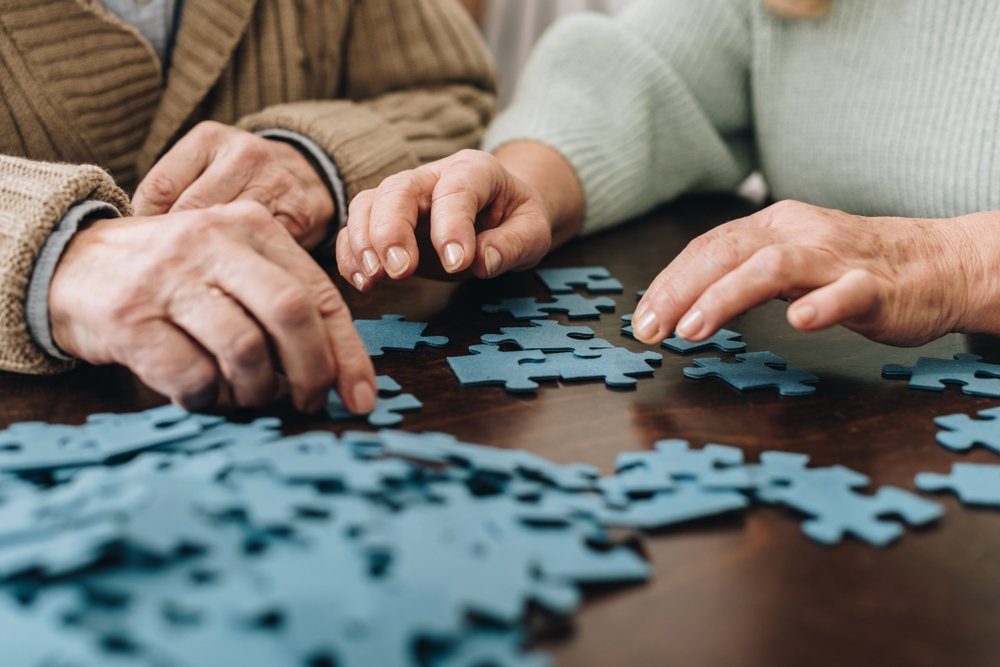This Hormone Could Protect Against Alzheimer’s—Here’s How to Get More of It
New research suggests your body can fight Alzheimer's on its own—provided you're following this one crucial habit.

How irisin might protect you against Alzheimer’s
Deaths from Alzheimer’s disease have risen significantly in the past 20 years, according to the Centers for Disease Control and Prevention. This form of dementia has affected more than half a million Canadians, and researchers are desperately searching for ways to slow it down. One answer might be encouraging your body to make a hormone that limits the damage the disease can cause. (Check out the six foods that can help slow Alzheimer’s.)
Researchers at Columbia University’s Vagelos College of Physicians and Surgeons and Taub Institute for Research on Alzheimer’s Disease and the Aging Brain focused on a recently discovered exercise-related hormone called irisin. They had looked for irisin in the brains of deceased Alzheimer’s patients and found their levels were extremely low compared to levels in healthy brains.
Using mice, the researchers tracked irisin levels over a five-week period. When the researchers had the mice swim daily, their brain levels of irisin increased. What’s more, the hormone seemed to protect the mice’s neurons. Even when the researchers injected the mice with proteins that encouraged the development of Alzheimer’s, irisin blocked the disease. (There could be a new drug-free treatment for Alzheimer’s soon, according to this study.)
Next, the researchers gave the mice drugs that interfered with irisin production; tests soon revealed the mice were developing the kind of nerve damage that leads to Alzheimer’s disease. “This raises the possibility that irisin may help explain why physical activity improves memory and seems to play a protective role in brain disorders such as Alzheimer’s disease,” study co-author Ottavio Arancio, MD, PhD, told Science Daily.
How does irisin protect the mind? While no one’s sure, the study suggests that the hormone promotes neuronal growth in the brain’s hippocampus—a region of the brain critical for memory and learning. Dr. Arancio says the most reliable way to make sure your brain is getting irisin is through regular exercise—follow the U.S. guidelines of getting at least 30 minutes of activity a day, most days of the week. Besides exercise, make sure you incorporate these 50 everyday habits that reduce the risk of Alzheimer’s and dementia into your routine, too.



